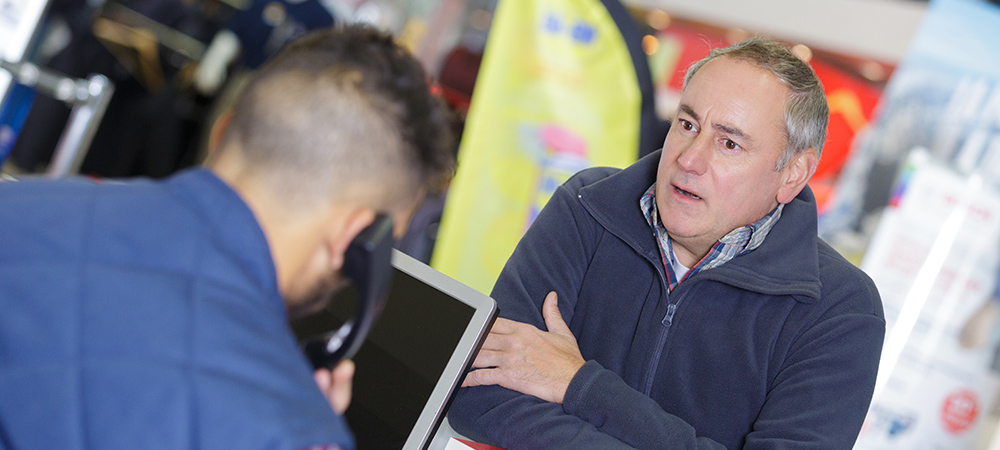Today’s fickle consumers are sensitive to privacy concerns and less inclined to offer feedback than they previously were, setting up a tightrope walk for companies in 2025 as they seek to meet expectations, according to the 2025 Consumer Trends Report from Qualtrics. The fourth annual report draws on insights from nearly 24,000 consumers in 23 countries around the world.
The five consumer experience trends for 2025 are:
- Heightened expectations fuel a decline in loyalty: Despite fewer bad experiences, consumers are more likely to pull back on spending after a negative interaction.
- Feedback falls to a new low: Consumers are increasingly staying silent about their experiences, whether good or bad.
- AI hype gives way to scepticism: Only 26% of consumers trust organisations to use AI responsibly.
- Today’s consumers want privacy and personalisation: Consumers want a tailored experience, yet they are uncomfortable with companies using unsolicited data to personalise their interactions.
- Consumers are clear – go back to basics: Trust is highly correlated with loyalty, so the best way for organisations to keep customers is to do what they say they’re going to do.
Heightened expectations fuel a decline in loyalty
“As companies selling discretionary goods and services up their game to win over customers, consumers are less willing to let poor experiences from more necessary services slide,” said Isabelle Zdatny, Customer Loyalty Researcher at Qualtrics. “The bar has been raised – consumers know what is possible, and they are ready and willing to look for alternatives if companies don’t keep up.”
Consumers are ghosting companies due to poor experiences and the consequences are costly. Compared to last year, people are less likely to share with a company that they had a bad experience, and they are more likely to cut their spending after a recent negative interaction.
Customers cite the following causes for a bad experience:
- Service delivery issues (selected in 46% of bad experiences)
- Communication problems (45%)
- Employee interactions (39%)
- Pricing concerns (37%)
- Product quality/failure (35%)
- Post-purchase support (21%)
Consumers are more likely to say they had a bad experience with industries offering critical services such as public utilities, banks and hospitals, than they are with more discretionary industries such as airlines, hotels and fast food restaurants.
However, perhaps due to the essential nature of their services or lack of alternative options, consumers are less likely to cut spending after a negative interaction with ‘must have’ industries than they are with ‘nice to have’ industries.
Consumers are less likely than ever to share feedback
People are increasingly likely to stay silent about both good and bad experiences. Compared to 2021, consumers are seven points less likely to say something about a good experience, and eight points less likely to say anything after a bad experience.
When people did say something after a good or bad experience, the most common response was to tell family or friends about it. Less than a third of consumers give feedback directly to a company and they are least likely to post something on social media.




